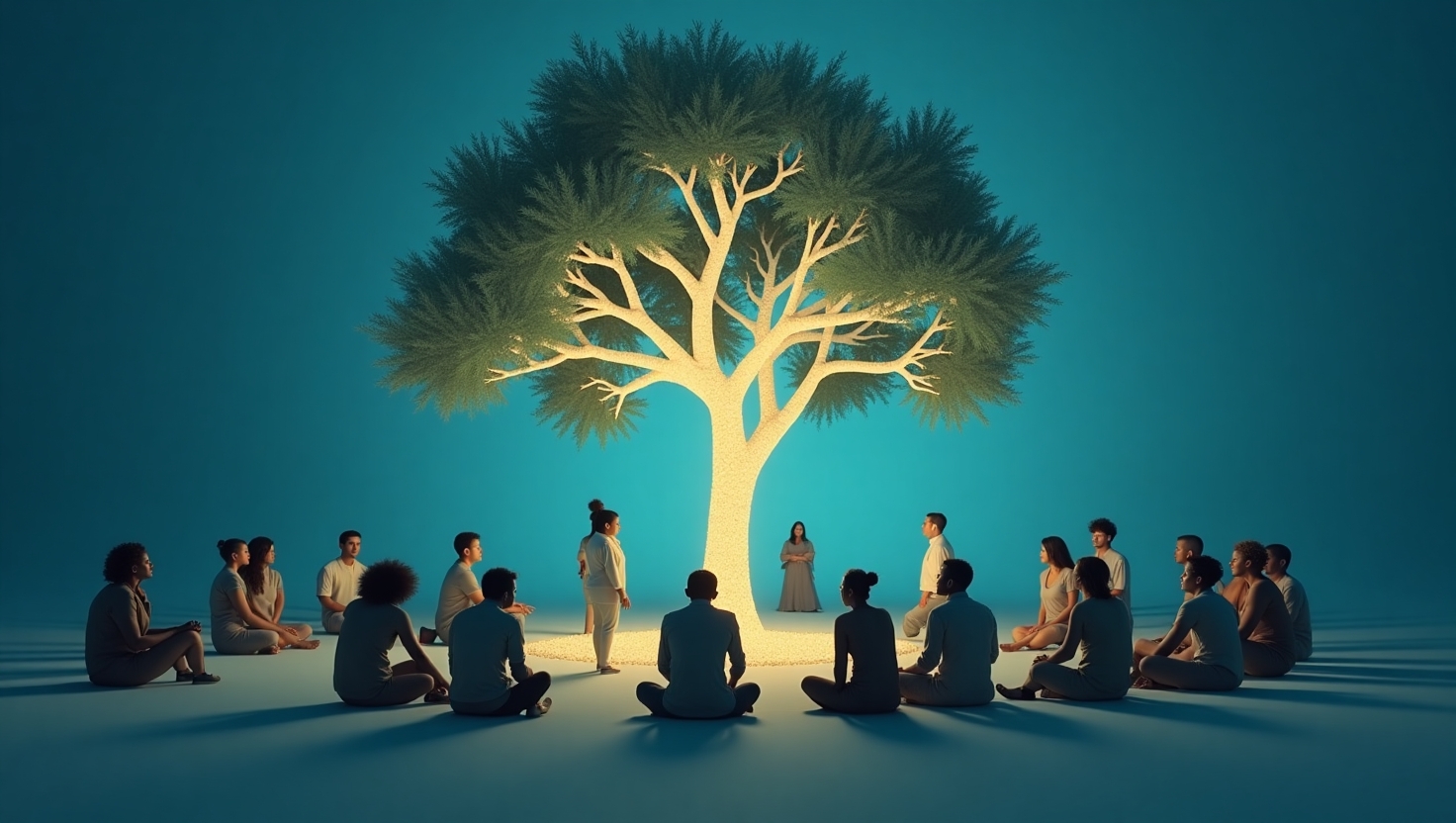Understanding AI Content Ethics: A Critical Perspective on the Future of Creativity
Introduction
In the heart of the digital revolution lies a profound and urgent question: What does it mean to create when machines can mimic the creative process? As artificial intelligence steadily advances, the conversation around AI Content Ethics becomes not just relevant, but imperative. The interweaving of AI rights, copyright issues, and the evolving nature of the creative industries presents a formidable challenge that could reshape the future of artistic expression. Today, we explore this volatile intersection, uncovering what it means for creators, the law, and our cultural currency.
Background
AI content generation has already triggered seismic shifts in the creative sectors. From music and art to writing, machines now participate actively in what was once exclusively human territory. Imagine standing in a gallery, scrutinizing a painting with stunning depth, only to find out it was generated by a machine. Such is the uncanny reality looming over creative spheres. Yet this digital clout is met with antiquated legal frameworks that struggle to adapt. AI rights remain ill-defined, and copyright issues stubbornly unresolved.
This tension came to a head when the Creative Artists Agency (CAA) voiced concerns about OpenAI’s Sora, an advanced model capable of generating art. They argued that without proper credit and compensation, this tool imperils genuine artists’ livelihoods—a stark reminder of the ethical precipice upon which we stand.
Trend
Current trends illuminate an expanding divide between technological capability and ethical accountability. As AI tools proliferate, they usurp traditional creative processes, necessitating a re-evaluation of what it means to own or even be creative. Statistics indicate that AI-generated content could dominate certain artistic markets within the next decade, threatening traditional copyright norms and stirring ethical debates.
The CAA underscores this risk, warning that unchecked AI development could devastate artist rights. This is akin to unregulated cloning experiments in sci-fi nightmares; creating without guidelines leads to chaos. According to sources like Hacker Noon, CAA demands both recognition and compensation from OpenAI, stressing that failure to adapt copyright laws could spell disaster for individual creators (source).
Insight
Delving deeper, the ethical implications of AI content generation unravel layers of complexity. At its core, the contention lies in the attribution of creation. If a machine can replicate a Van Gogh, who claims the genius? The juxtaposition of AI’s replicative prowess against artists’ unique vision could spawn conflicts unless regulated carefully. The potential for traditional copyright frameworks to clash with digital ingenuity is immense, necessitating a paradigm shift in how we protect artist rights. The essential call is for acknowledgment and recompense, ensuring artists remain vested in the fabric of creativity rather than becoming its footnote.
Forecast
Looking ahead, the landscape of AI content ethics promises dynamic evolution. Regulatory bodies will likely enact new legislation to redefine AI rights, potentially drawing a clearer line between human and machine creations. This could foster collaboration rather than contention, weaving AI into the creative industries as a tool rather than a threat. Predictions suggest increased cooperation between tech firms and creative communities could spawn innovative practices that honor both AI potential and artistic integrity.
Call to Action
As AI continues to blur the lines of creativity, a call to action emerges for each of us. Engage in the discourse around AI content ethics; share your perspectives, be it concerns or visions for coexistence. Equip yourself with knowledge by diving into resources on copyright and AI rights, and transform apprehensions into informed advocacy. Together, let’s craft a future where creativity—not controversy—reigns supreme.
For further reading, insights from CAA’s protest against OpenAI’s Sora offer a compelling vantage point on the stakes at play (source).
